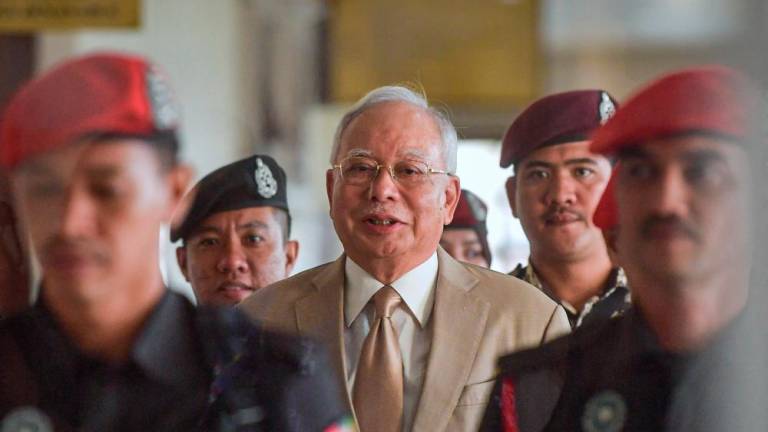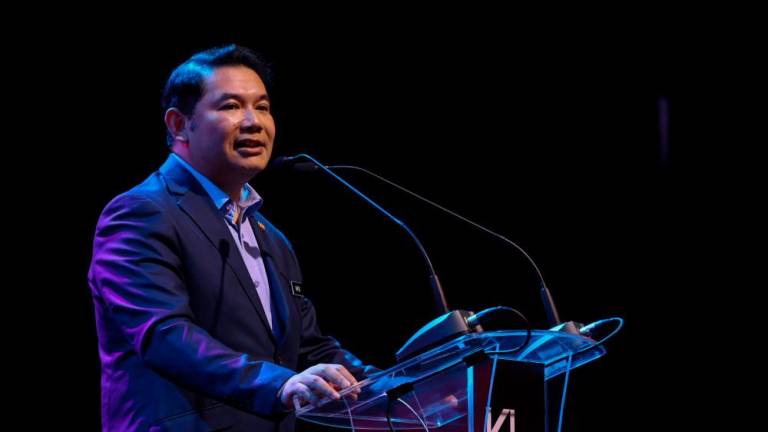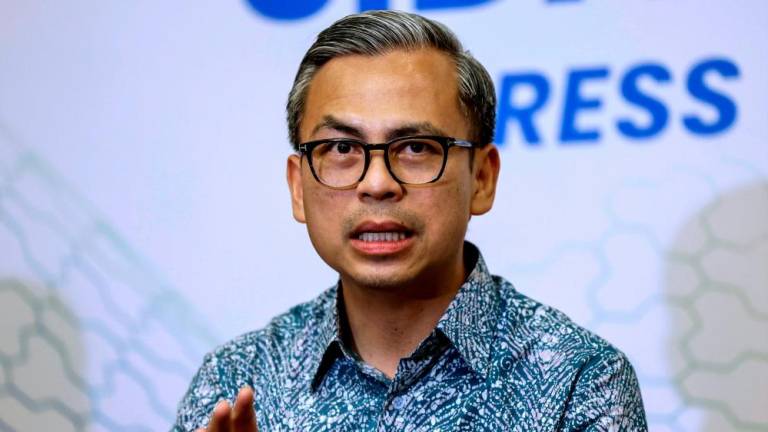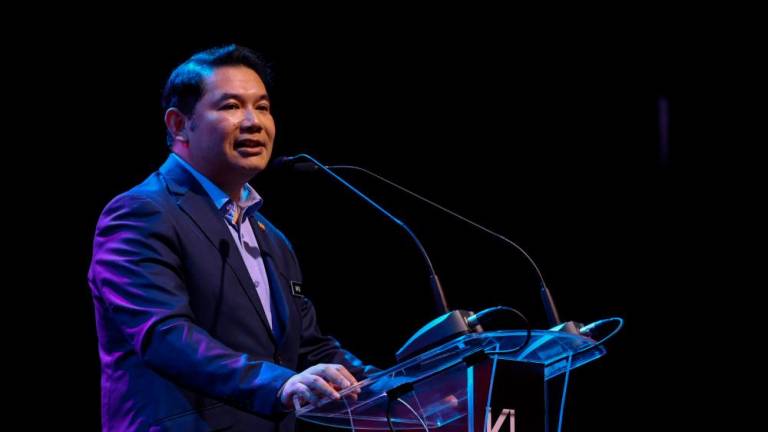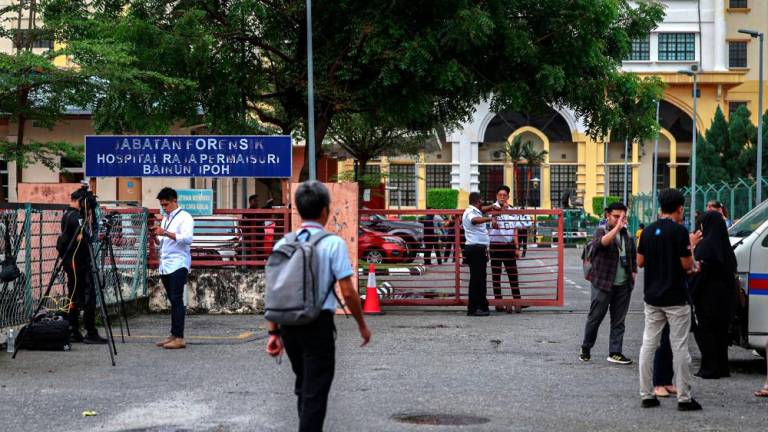KUALA LUMPUR: The government must provide civil servants with the latest technological facilities to boost productivity in the public delivery system in line with new working environment norms.
Congress of Unions of Employees in the Public and Civil Services (Cuepacs) secretary-general Abdul Rahman Mohd Nordin said with 80 percent of civil servants now working from home (WFH), the government needs to consider providing them special allowances or subsidies to ensure the WFH process runs smoothly.
“This has to be done, especially during the pandemic, as it will help improve productivity. The facilities at (government department and agencies) rural areas are lacking compared to offices, for instance, in Putrajaya. These are complaints that we have received.
“20 percent may be based in the office but the ones at home are still working. Meetings are conducted virtually. In the offices there is Wi-fi, but at home, workers have to use their own Internet data, and there are some who can’t afford to subscribe to their own Internet packages,” he told Bernama.
Abdul Rahman said when technological facilities such as laptops and internet data are provided, they improve the quality of services and indirectly contribute to the country’s economic growth.
He said with the 80 percent WFH directive, civil servants have to prove that it doesn’t mean they are given space to laze around and work inefficiently.
“Department heads, however, need to monitor. For example, there are departments and agencies that have implemented a home login system to monitor attendance,” he said.
On Thursday, Public Service director-general Tan Sri Mohd Khairul Adib Abd Rahman reprimanded civil servants on public dissatisfaction over the level of service delivery deemed to be perfunctory and inefficient.
He said they must improve the quality of service and should strive to change the negative public perception of the civil service. — Bernama









